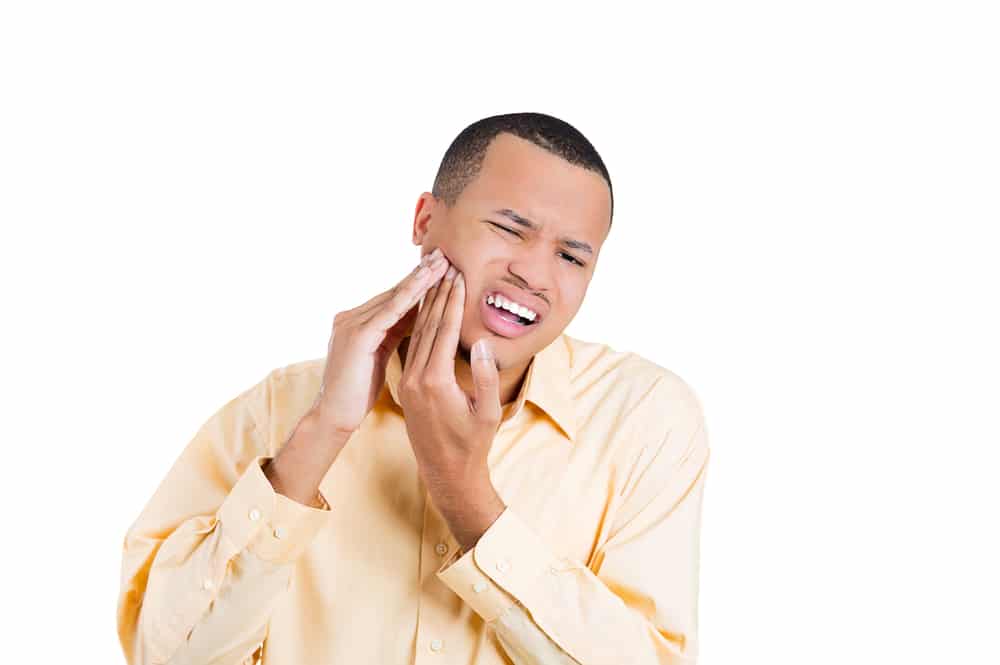
It is possible to learn new habits that will promote long-term oral health and wellness; but first it helps to understand why you may be inadvertently biting down onto thin air.
- Most of us experience some degree of stress on a daily basis, and each of us probably has a subconscious habit related to stress responses. One person may bite their nails (another habit worth stopping!) and another may clench their teeth.
- It may seem unlikely, but certain medications used to treat depression have been linked to bruxism, or teeth grinding. Health conditions themselves may also cause clenching.
- Sleep disorders. Conditions such as sleep apnea often cause people to grind and clench during the hours they should be resting peacefully. Interestingly, excessive tooth wear is one indicator of sleep apnea.
- Bad bite. Malocclusion is a common cause of grinding. This is because every lower tooth has an upper “partner” that is should meet when you bite and chew. When upper and lower teeth do not align, the jaw naturally tries to compensate, which can mean grinding.
Addressing the Cause of Bruxism
Once you are able to identify why you grind or clench, you have more power to alleviate the unwanted stress on your teeth and jaw.
- Engage in stress-reduction techniques. Because grinding often occurs when you sleep, consider a relaxing bath or warm shower before bed. Don’t underestimate the power of warm milk!
- Be mindful of your daily stressors, too, and your response to them. You may be surprised to learn that you clench during your waking hours.
- Give a little TLC to overworked jaw muscles by gently massaging them a few times a day, or when you feel tense. Warm compresses can also relieve contraction of facial muscles.
- Visit your dentist. Bruxism is no laughing matter. We can alleviate the stress of this condition by evaluating your bite and providing supportive care such as a night guard.
Give your smile the best chance at a long and happy life. Schedule your check-up today.

